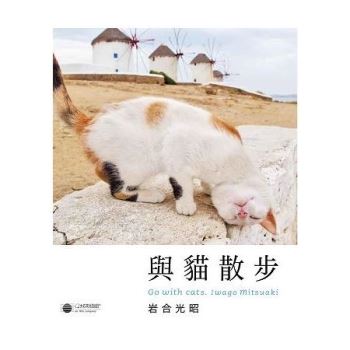"So walk. Listen to the roaring of ponds. In this new collection poet Carol Watts records the seasonal arrival and disappearance of a pond, which sits on ancient ground famous for rebellions and gatherings.
Q: When is a pond not a pond? A: When it’s a mimic pond. In this remarkable book, on her walks to and from a tiny urban water hole in South East London, Carol Watts discovers hidden in plain sight an unlikely place that is paradoxically both itself and not itself as well as being everything else. Combining local and natural history, close observation and some wonderfully rich imaginative and speculative writing, Watts fathoms the pond’s impossible shallows, finding them ’irreducible to/words Yet words come’." -Jeff Hilson
"What survives extinction is a roaring question for an apex predator loping toward uncertain futures. Or does the possibility of ongoing life itself sound ’brutal vanishments’? Watts’s almanac of walks around the reverberating margins of an urban seasonal pond pursues such questions, feeling for the ’shock of future time’ if not ’living repair’. As ’a hole to see the sky through’ the pond mimics, through its ’swellings & disappearances’, all that the lockdown of landlocked life forecloses, drawing us close to those ’who inhabit the edge of sight’ and resounding ’expanses/ on different scales’, from the climate violence of ’capital contagions’ to ’all the small resistances’. As exquisite and profound as it is down to earth, with the humour of its ’mudlark/ affordances’, this poetry offers acts of attention we can survive by." -Jonathan Skinner
"’When to speak of ponds, is/ barely a marginal good’. In close embodied attention to what is at hand, what others may not even perceive, a scratty pond on London’s Blackheath, Carol Watts finds another body there, a life which morphs from ear to eye to roaring mouth. A kindred mimic pond. Distressed and stressed by our ’predatory searching, ’ exhausted by our extractions and climate distortions, yet enduring through centuries, the pond speaks back and forth with ancestral ghosts of possible pasts and futures, human and wolfish wild. The poems address the diversity and scarcity of what is there and what is absent in terms of plant and insect life, but also translate the poet’s interior world of dreams, imaginings and heavy hopes. Daily walking is written into the rhythm here, so that we understand when something happens, in the weather, bird, or animal world, it is significant and calls for our response. This is quiet and beautiful work, ultimately looking out for what can be found that is good, like the crows who inhabit it." -Harriet Tarlo











